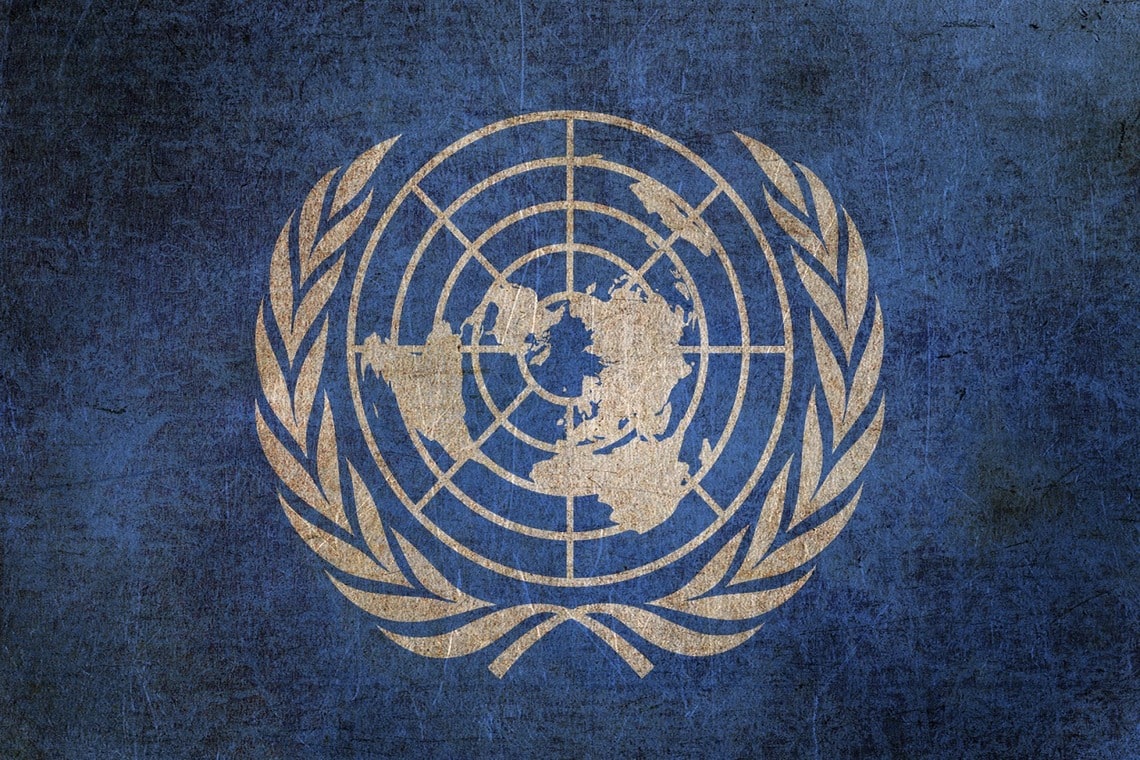Last month UNCTAD, or the United Nations Conference on Trade and Development, released its Policy Brief number 100 entitled “All that glitters is not gold: The high cost of leaving cryptocurrencies unregulated”.
The UN against crypto ads
The UNCTAD is the main subsidiary body of the UN dealing with trade, development, finance, technology, entrepreneurship and sustainable development.
The document is particularly dedicated to the spread of cryptocurrencies in developing countries, where state oversight and control is often inferior.
UNCTAD highlights how the use of cryptocurrencies globally increased exponentially during the recent pandemic, such that some of these private digital currencies would become particularly prevalent in developing countries. This would pose considerable risks and costs to states’ monetary sovereignty, policy space and macroeconomic stability.
However, the agency also clearly specifies that this paper is not technical, but political, and serves to examine from this perspective the risks, costs, motivations, and current regulatory landscape in crypto.
For example, it is fair to be rather skeptical about the claim that some private digital currencies would become prevalent in some developing countries, especially since even in El Salvador, where Bitcoin has become legal tender, only a fraction of transactions are still taking place in BTC.
UNCTAD: the goal of the document
The real goal of the document seems to be to provide “policy recommendations that developing countries may consider in this regard”, including limiting or banning cryptocurrency-related advertising, and the issuance of Central Bank Digital Currencies. Moreover, merely considering CBDCs as possible alternatives to cryptocurrencies alone suggests that UNCTAD‘s knowledge of cryptocurrencies is not particularly thorough.
Another recommendation, which actually refers to an increasingly common and well-established practice in developed countries, is to require identity verification of exchange users, and to force crypto exchanges to register in appropriate public registries.
However, even in this case they are making a major mistake, because in their recommendation they make no distinction between custodial and non-custodial wallets, revealing another major gap in their knowledge of the industry. In fact, non-custodial wallets cannot really technically be subject to KYC or registration requirements.
They also call for increasing transaction and trading costs on crypto exchanges by imposing new fees or increasing current ones, and for prohibiting regulated financial institutions from holding stablecoins and cryptocurrencies, or offering related products to clients.
These recommendations in the current state of affairs seem practically absurd, especially since in developed countries this is the norm. In some ways it might seem as if they want to prevent developing countries from getting the benefits that developed countries have already been gaining from crypto, solely to prevent them from having to deal with risks that are actually everywhere in the financial markets.
In light of this, it seems highly unlikely that these recommendations will actually be implemented.




